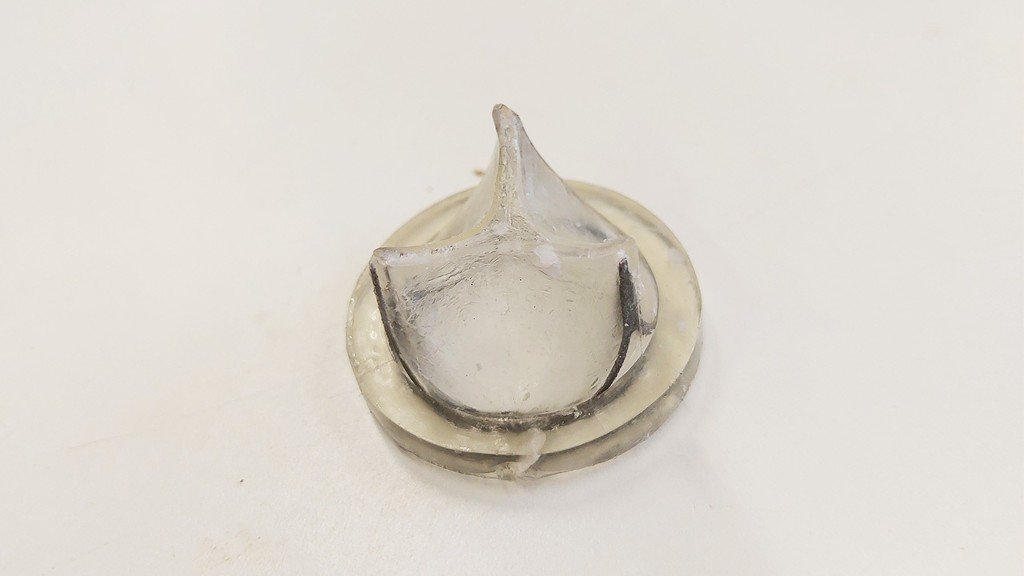Every year, millions of patients receive implantable medical devices—catheters, pacemaker leads, vascular grafts, and more. These devices often rely on polyurethane (PU), a flexible plastic that’s been the industry standard for decades. But PU has its flaws: it’s made using toxic isocyanates, can trigger blood clots and infections, and isn’t exactly eco-friendly. Now, a team of chemists and cardiologists at the University of Liège in Belgium has developed a promising alternative: a new polymer called PHOx that could make implants safer for patients and kinder to the planet.
PHOx—short for poly(hydroxyoxazolidinone)—is a thermoplastic elastomer that behaves like PU in terms of flexibility and strength, but without the toxic baggage. It’s part of a class of materials known as non-isocyanate polyurethanes (NIPUs), which means it can be manufactured without the harmful chemicals typically used in PU production. Even better, PHOx is synthesized from greener raw materials, including carbon dioxide derivatives, making its production process more sustainable.
From a materials science perspective, PHOx checks all the right boxes. It can be molded, pressed, spun into fibers, or even 3D printed—opening the door to custom-made implants tailored to individual patients. That’s a big deal for cardiology, where anatomical variation can make or break the success of a device. Imagine heart valves or vascular grafts printed on demand to match a patient’s unique physiology. According to Dr. Patrizio Lancellotti, head of cardiology at Liège University Hospital, this kind of personalization could reduce waste, lower costs, and improve outcomes.
But PHOx isn’t just a manufacturing upgrade—it’s a biological one too. In lab tests, the material showed superior blood compatibility compared to PU. It reduced platelet adhesion and coagulation activation, which are key contributors to clot formation. It also appeared to resist bacterial colonization, particularly from Staphylococcus aureus, a common culprit in implant-related infections. No toxicity was observed in human cell cultures or animal models, and the material didn’t provoke inflammation or rejection when implanted.
These findings suggest that PHOx could significantly reduce the complications associated with long-term implants—complications that often lead to device failure, revision surgeries, or worse. And because it’s stable, flexible, and biocompatible, PHOx could be used across a wide range of applications, from cardiovascular devices to neural interfaces and beyond.
Article from the University of Liège: PHOx: an innovative, safer polymer for implantable medical devices
Abstract from Advanced Healthcare Materials: Poly(hydroxy-oxazolidone) Thermoplastic Elastomers for Safer, Greener and Customizable Blood-Contacting Medical Devices

